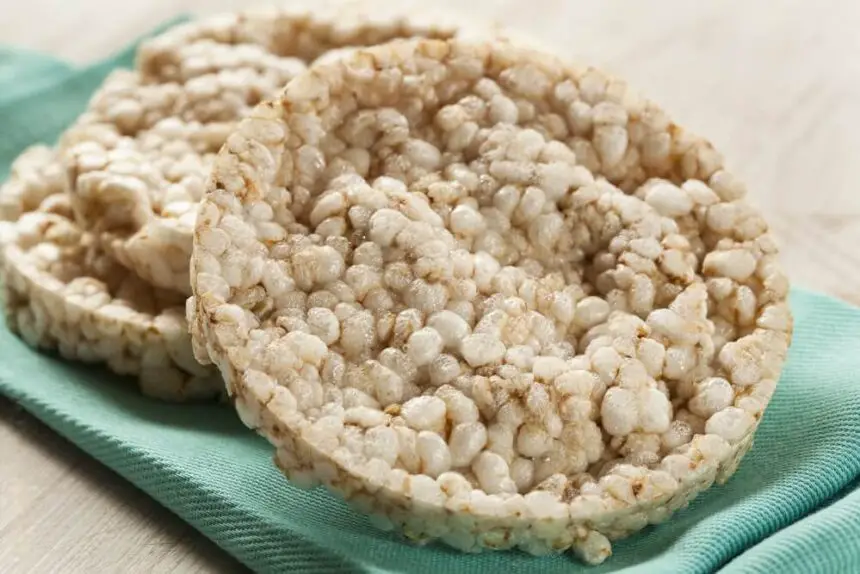Hey there, fellow feline enthusiasts and curious cat parents! Today, we’re delving into a question that might have crossed your mind while enjoying a light and crispy rice cake snack. You know, those airy and gluten-free treats that make a satisfying crunch. But here’s the real query: Can cats eat rice cake? Let’s unravel the truth and find out if cats can savor the crunch of rice cakes.
Before we dive into this crunchy adventure, let’s remember that cats have unique dietary needs. What’s safe and scrumptious for us humans might not necessarily be the same for our whiskered companions. After all, we want to ensure our feline friends stay healthy, happy, and purr-fectly content. So, without further ado, let’s explore whether rice cakes are a feline-friendly snack.
Unveiling the Munch-able Mystery – Cats and Rice Cakes
Alright, let’s address the pressing question head-on: Yes, cats can eat rice cakes. But hold your paws, there are some important considerations we need to explore before we let our fur babies indulge in the crispy goodness.
The Crispy Truth about Rice Cakes and Cats
Plain and Simple: When it comes to feeding rice cakes to cats, it’s crucial to offer them plain, unsalted, and unflavored rice cakes. Cats have sensitive tummies, and certain additives or flavorings found in flavored rice cakes may upset their digestive system.
Gluten-Free Goodness: Rice cakes are typically gluten-free, which can be beneficial for cats with gluten sensitivities or allergies. However, it’s always best to consult with your veterinarian if your cat has any dietary restrictions or known allergies.
Portion Control Paw-ty: While rice cakes can be given to cats as an occasional snack, it’s important to remember that they should not replace a balanced and nutritious diet. Rice cakes lack essential nutrients that cats require for optimal health, so they should only be offered as a treat and in moderation.
Rice Cake Risks and Considerations: While plain rice cakes are generally safe for cats, it’s essential to keep a close eye on your furry friend after they’ve nibbled on one. Some cats may have sensitive digestive systems or be prone to gastrointestinal issues, so monitor their behavior and consult with your veterinarian if you notice any adverse reactions.
Whisker-Lickin’ Alternatives for Cat Treats
While rice cakes can be an occasional snack for your cat, there are plenty of other cat-friendly treats that can provide a more well-rounded nutritional profile. Here are some alternative treats to consider:
Specialized Cat Treats: Look for specially formulated cat treats available in pet stores. These treats are designed to meet the nutritional needs of cats, ensuring they receive the essential vitamins, minerals, and protein necessary for their well-being.
Meaty Morsels: Lean meats like cooked chicken, turkey, or fish can be excellent choices for cat treats. Just ensure there are no bones, seasoning, or harmful additives. Cats are obligate carnivores, and these meaty delights will satisfy their natural cravings.
Interactive Toys and Puzzle Feeders: Engage your cat’s hunting instincts with interactive toys and puzzle feeders. These toys can dispense small portions of dry cat food or treats, providing mental stimulation and physical activity while enjoying a tasty reward.
Final Meow-ment – Balancing Treats and Nutrition
To wrap it all up, cats can nibble on plain rice cakes as an occasional treat. However, it’s important to remember that rice cakes should not replace a balanced and nutritious diet for your furry friend. Prioritize specialized cat treats and high-quality cat food to ensure your cat receives the necessary nutrients for their well-being.
As always, consult with your veterinarian for personalized advice and guidance regarding your cat’s dietary needs and any potential health concerns. With a bit of creativity and a sprinkle of love, you can find the purr-fect treats that will make your cat’s tail wag with delight!


